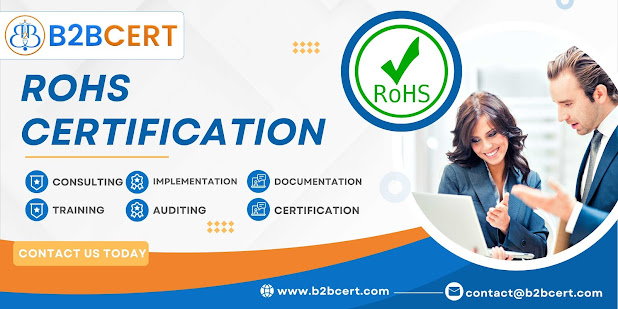ISO Certification in Bangalore: Elevating Business Standards

ISO Certification in Bangalore has become a crucial element for businesses looking to enhance their quality, efficiency, and credibility. In Bangalore, a bustling hub of innovation and industry, obtaining ISO certification is not just a mark of quality but a strategic move to stay competitive in the global market. This blog post will explore the key aspects of ISO Certification in Bangalore, focusing on ISO implementation, the services available, and the audit process. ISO Implementation in Bangalore Implementing ISO standards in Bangalore requires a well-planned approach, tailored to the specific needs of the business. The process begins with a thorough understanding of the relevant ISO standard, whether it’s ISO 9001 for quality management, ISO 27001 for information security, or any other standard that suits the industry. The first step in ISO implementation is conducting a Gap Analysis. This involves comparing the current processes and practices with the requirements of the ISO sta...





